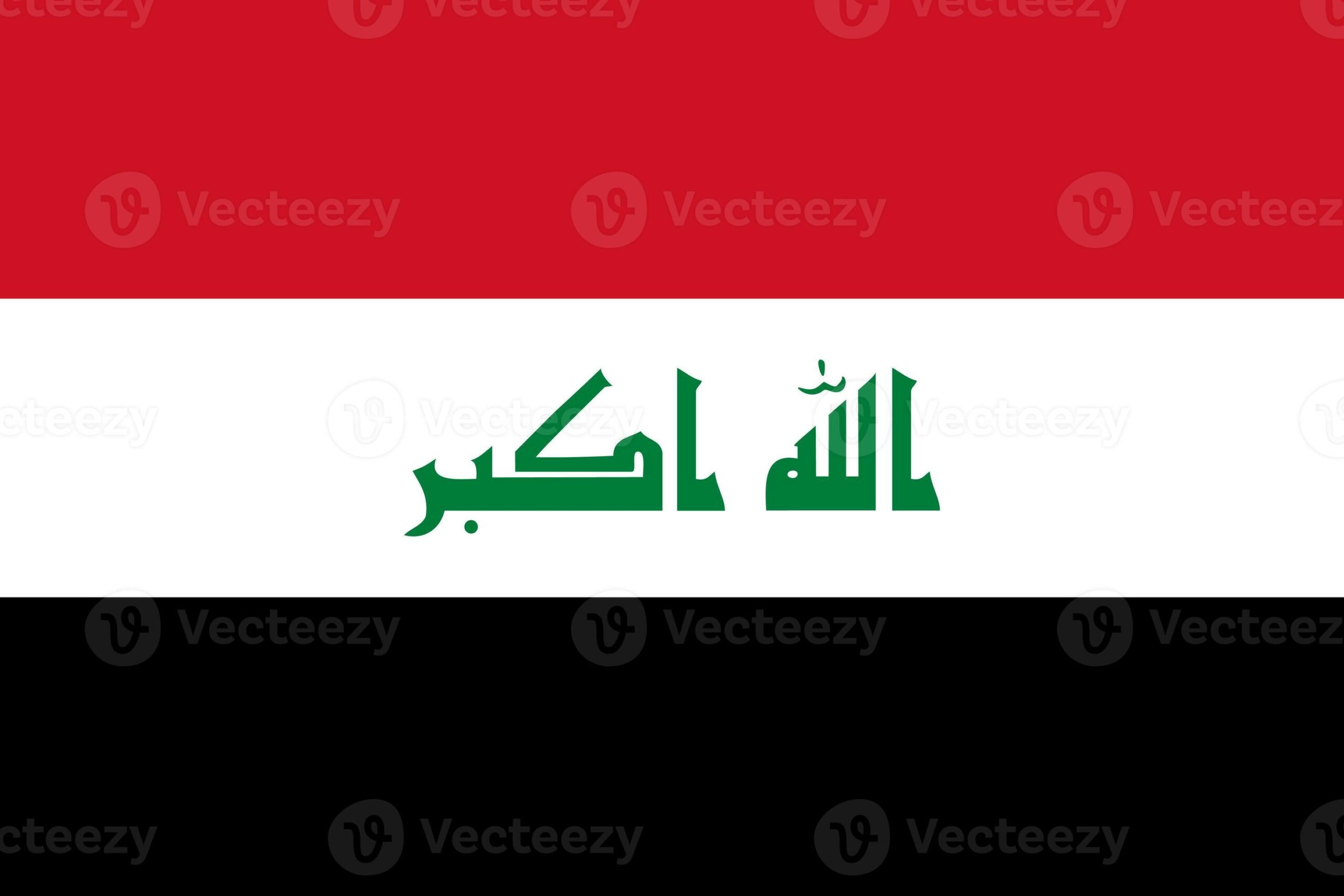According to statements from Iran’s Ambassador to Baghdad, Pezeshkian’s visit to Iraq follows an invitation extended by Prime Minister Mohammed Shia’ Al-Sudani.
This invitation is believed to have been made during Al-Sudani’s visit to Tehran in July for the presidential inauguration ceremony.
Since beginning his presidential campaign, Pezeshkian has aimed to project a positive image internationally, frequently expressing his intention to strengthen relations with both Western and Eastern countries.
In his first televised address after taking office, he emphasized the significant benefits that enhanced international ties could bring to Iran.
Given Pezeshkian’s focus on reshaping Iran’s foreign policy, his choice of Iraq for his inaugural foreign visit as president is particularly significant.
“Initially, there were concerns that Pezeshkian’s administration might prioritize Western relations over regional issues,” noted Mohaddeseh Rezayi, an expert on Iraq.
“However, this visit demonstrates that the new government remains committed to bolstering Iran’s relationship with both the Iraqi government and its people, much like its predecessor.”
Pezeshkian’s decision to start his foreign travels in West Asia represents a departure from tradition. Unlike previous presidents, such as the conservative Ebrahim Raisi and reformist Mohammad Khatami, who began their terms with visits to Central Asia or speeches at the UN, Pezeshkian has chosen Iraq as his first destination.
Iran and Iraq share profound religious, cultural, and historical connections. Every year, millions of Iranians travel to Iraq for the Arbaeen pilgrimage, deepening bonds with local Iraqis. Iran’s influence in Iraq’s political, military, and security spheres is also well-documented, with many Iraqi politicians and security officials having strong ideological ties to Tehran.
Despite these deep connections, tensions remain. Iran has expressed concerns over Iraq’s response to American demands, particularly under Al-Sudani’s administration, which has been perceived as more aligned with U.S. interests.
Baghdad’s compliance with American sanctions against Iran has created friction, with some Iraqi officials even labeling Ali Mohsen Al-Alaq, the head of Iraq’s Central Bank, as “America’s police.”
Alireza Majidi, a West Asia analyst, pointed out that the U.S. poses a significant obstacle to improving Iran-Iraq relations. He suggested that President Pezeshkian should address these issues during his meetings with Iraqi officials, while also exploring potential areas for cooperation.










